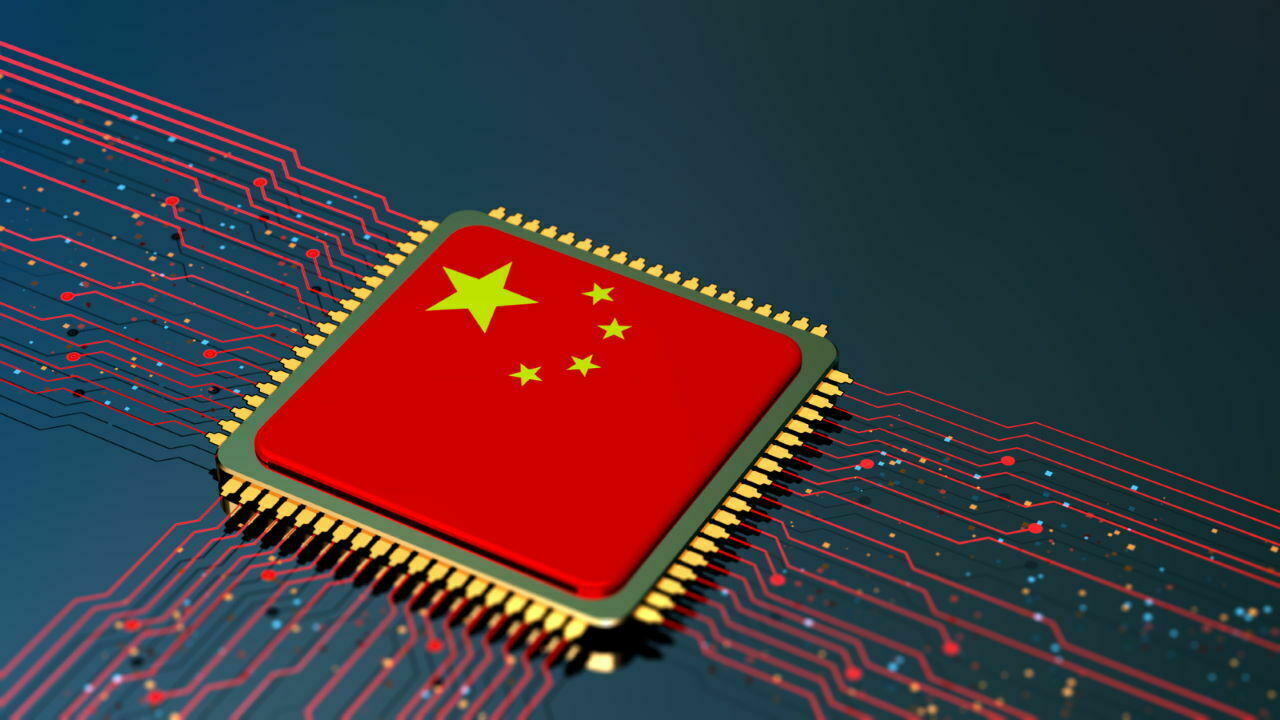During an interview with National Public Radio, Secretary of State Antony Blinken clarified that U.S. export controls on advanced computing chips destined for China are not designed to hinder China’s economic or technological progress.
Since 2022, stringent regulations have been imposed on exporting computing chips to China, leading to limitations on sales from major companies like Nvidia, Advanced Micro Devices, and Intel, among others.

These controls were initiated following earlier bans on chip shipments to Huawei Technologies.
However, despite the restrictions, the U.S. government has granted licenses to two American companies, Intel and Qualcomm, permitting them to continue supplying chips to Huawei.
Huawei has utilized an Intel chip to power a recently launched laptop model, boasting its AI capabilities.
Blinken emphasized during the interview that such instances indicate the U.S. focus is on regulating only the most sensitive technologies that could pose security threats rather than aiming to disrupt trade or impede China’s progress.
These licenses granted to Intel and Qualcomm were approved during the Trump administration and have persisted under President Joe Biden‘s leadership.

Their competitors, AMD and MediaTek, have not received similar exemptions. However, neither the Trump nor Biden administrations have provided explicit explanations for this discrepancy.
Blinken’s statements underscore a nuanced approach to managing technology exports to China, balancing security concerns with the need to maintain trade relationships.
The interview sheds light on the complexities of U.S. export controls and their implications for global technology supply chains and diplomatic relations.


















